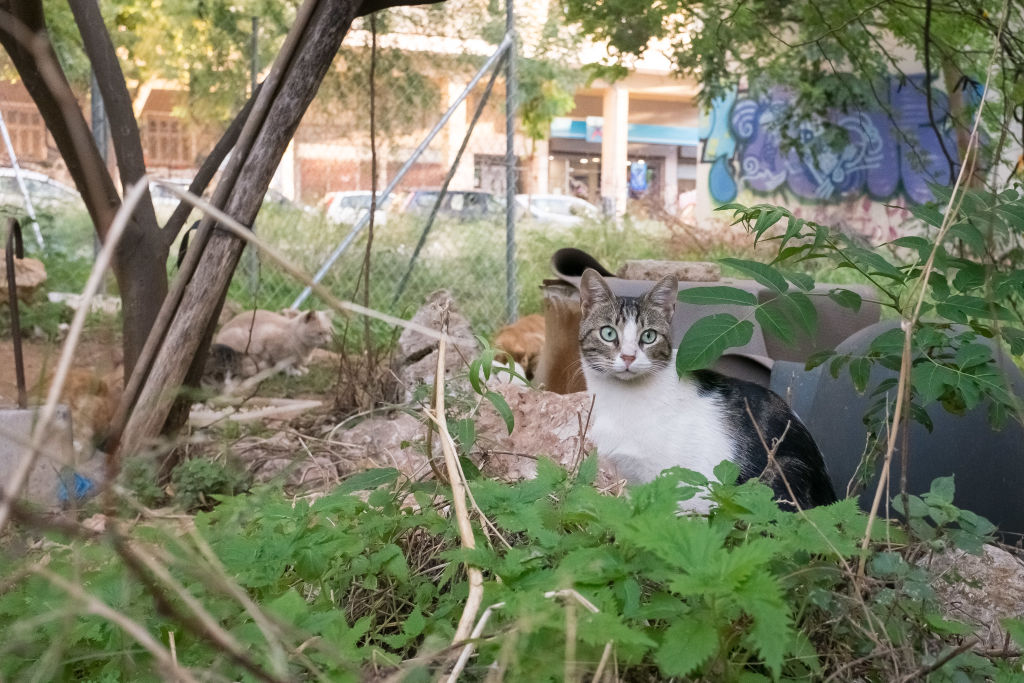In the completely altruistic and not at all political quest to annihilate misinformation, the Biden administration has employed a new weapon: an online game called Cat Park. That’s right, the US government is seeking to push back against the scourge of fake news by engaging with everyone’s inner gamer.
This latest strategy might appear to be an innocent and fun way to teach people how to spot false information on the internet. But is there more to this initiative than meets the eye?
State Department Encourages Misinformation Game
 Just the News obtained a memo from Oct. 31 in which Secretary of State Antony Blinken urges diplomatic and consular posts to promote Cat Park to its employees. The game – which is funded by the Global Engagement Center (GEC) and created by a group called Inoculation Science – was released at the same time as UNESCO’s Global Media and Information Literacy Week launched.
Just the News obtained a memo from Oct. 31 in which Secretary of State Antony Blinken urges diplomatic and consular posts to promote Cat Park to its employees. The game – which is funded by the Global Engagement Center (GEC) and created by a group called Inoculation Science – was released at the same time as UNESCO’s Global Media and Information Literacy Week launched.
So far, two embassies have begun pushing the game. The Uganda embassy tweeted: “Ever wondered if that forwarded message in your WhatsApp group is completely true?’
The purpose of the game is to help players develop media and information literacy skills so they can “build resilience to foreign propaganda and disinformation,” according to a tweet from the GEC. Users play the part of a character who becomes involved in an online campaign to advocate against the city building a cat park designed to cater to the elites. The player’s objective is to use social media to foment enough outrage to cow the government into abandoning this project.
The user accomplishes this through the utilization of social media posts, doctored photographs, and, of course, memes. The first step the player is asked to take is to craft a clickbait headline intended to pique curiosity and anger: “Breaking News: Outrageous! City prioritizes elitist pets over our kids!” In one exchange, a character intimates that the mayor of the fictional city wants to build a cat park because he is part of a secret feline cult. When asked how the individual knows this, he responds: “How do we know the mayor isn’t? We’re just asking questions.”
This is a thinly veiled reference to conservatives spreading right-wing “conspiracy theories” under the guise of “asking questions,” which has become a common trope in the media.
In another scene, the player doctors a photo to make it appear as if the mayor is taking a bribe from a member of the cult. Near the end of the story, after the propaganda incites a riot in the cat park, the true villain is revealed. Spoiler alert: It’s not the tyrannical government; it’s a billionaire who wants to buy the land from the city at a cheap price.
This game purportedly “inoculates players … by showing how sensational headlines, memes, and manipulated media can be used to advance [conspiracy] theories and incite real-world violence,” according to a memo obtained by America First Legal.
Cat Park: Just a Harmless Game?
On the surface, this game does not appear to pose any danger. Indeed, it seems to be a fun way to educate people on how to spot misinformation and become more media literate. After all, in an age in which anyone can post anything on the internet, why wouldn’t we want our government officials to understand how to separate the wheat from the chaff?

(Photo by Nikolas Kokovlis/NurPhoto via Getty Images)
But a closer look reveals that there is something else going on here. The Foundation for Freedom Online (FFO), which previously exposed the Election Integrity Partnership’s government-backed efforts to suppress right-leaning views on social media, claims the game “gets young people to subliminally perceive that social media posts opposing government corruption are primarily done by disinformation purveyors.”
Mike Benz, FFO’s executive director, said Cat Park is “simply anti-populist” and that this is the “State Department picking winners and losers in the marketplace of political beliefs, not protecting Americans from foreign disinformation.”
It is one of several games ostensibly intended to “inoculate” people against disinformation. But in this case, it seems evident that Inoculation Science, the organization that created the exercises, is defining the term as anything that goes against a leftist agenda. Members of the group have suggested Brexit was an example of the type of populist movement that thrives on fake news disseminated on social media.
The prevalence of false information on social media is a problem that should be addressed. Games like Cat Park would be prime examples of methods that can be used to great effect in this endeavor. But so far, it appears the initiative carries an apparent political bias that favors one side of the ideological spectrum. If it were geared toward rooting out misinformation regardless of the source, it would be a useful tool. However, the individuals pushing this tool seem more concerned with discrediting certain viewpoints than teaching media literacy.

